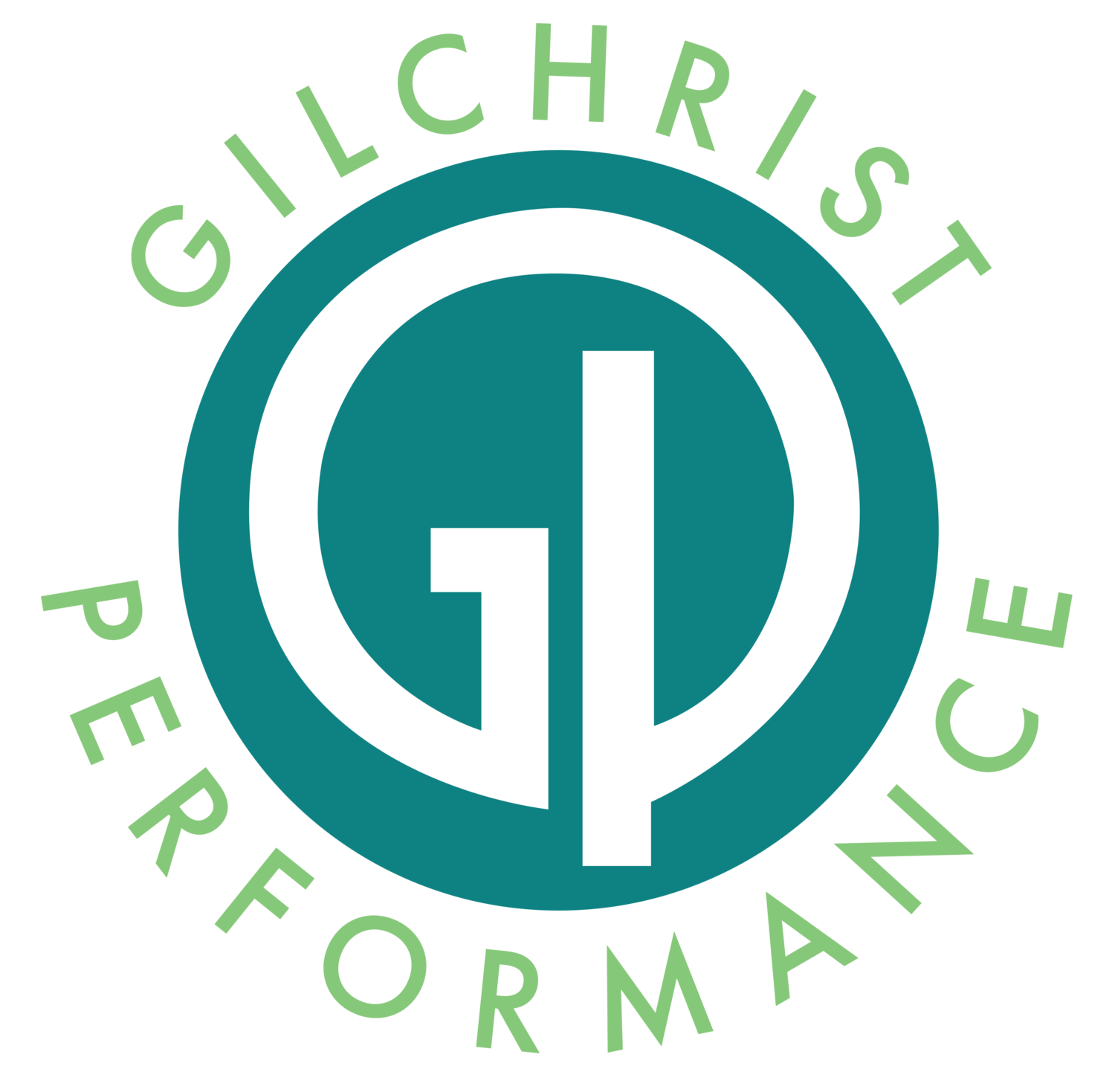Using my experiences of directing physiological laboratories for the English Institute of Sport and more recently, my role as a reviewer for BASES laboratory accreditations, with a year to go to the Tokyo 2020 Olympic and Paralympic Games, here’s my take on why quality assurance (QA) is so important.
Quality assurance: the mundane but necessary friend
Calling all laboratory users! What’s your most valuable asset in your laboratory? It goes without saying that your team are pretty fundamental, but one aspect of your laboratory, which underpins everything that you do, is your reliable, yet slightly mundane friend, quality assurance.
Not known for being the most fun party guest, quality assurance is a crucial element for any laboratory setting, as it serves to provide robust standards for equipment performance.
Specifically, it ensures systematic measurement, comparisons with known standards and monitoring of processes, with the aim of preventing significant error in the outputs of equipment. Not something you want occurring when supporting your athletes with a coach peering over your shoulder. In the world of Sports Science, this equipment is mostly physiologically based, but the premise of quality assurance; its provision of vigorous measures in equipment reliability, validity maintenance and routine servicing, has relevance across all disciplines and neither be ignored nor treated as inconsequential.
Impact is another important factor to be considered in relation to quality assurance. As a practitioner, assessing the impact of Sports Science support can be a predominantly subjective process. Having a structured quality assurance programme for your physiological facility, allows you to display quantifiable improvements in the assessment of the athletes you are supporting. Therefore, quality assurance serves as supporting data in the assessment of a practitioners impact to a sport/athlete.
In the applied world, physiological laboratory equipment can often be deployed out to the field. Nevertheless, placing significance on quality assurance procedures, both in the laboratory and out in the field, will hold you in good stead for being confident in your equipment when working in some extreme environments.
Operational competence i.e. risk assessments, can also be demonstrated through quality assurance procedures, alongside the all-important, health and safety criteria. In short, it is a crucial element for any laboratory setting.
So, how can you demonstrate quality assurance? Firstly, and more subjectively, is through employee behaviours and practices within your laboratory. Taking responsibility for recording necessary data for quality assurance purposes and respecting equipment are fundamentals to all users of a laboratory, ahead of their personal objectives for their research. Equally, reporting of equipment failure should be a priority of any laboratory user, alongside an accompanying proactivity to work together to get the problem solved!
Formally, you can demonstrate good quality assurance practices through gaining laboratory accreditation status. Here, in the UK, we use the British Association of Sport and Exercise Sciences Laboratory Accreditation process to accredited our Sport Science laboratories (https://bases.org.uk/spage-organisations-laboratory_accreditation.html). This is a quality assurance activity that provides clients and service purchasers with a means of confirming the appropriateness of a laboratory to conduct physiological testing. Benefits are, that it provides a mark of quality assurance to clients, research funders and the wider community, that illustrates the laboratory has undergone rigorous inspection by BASES and that high professional standards of practice have been achieved (BASES 2019). Having this process in place through an external organisation ensures objectivity, knowledge share and promotes continuous improvement in sports science standards.
So use your most valuable laboratory asset well. Nurture it, ensure it has everything it requires and respond to change if needed. Coaches and athletes will be the first to ask questions if laboratory equipment is substandard, so cover your back and ensure you’re one step ahead at all times. Mundane as it may be, quality assurance is a fundamental skill to learn and maintain and central to your laboratory’s ability to deliver gold standard results.

